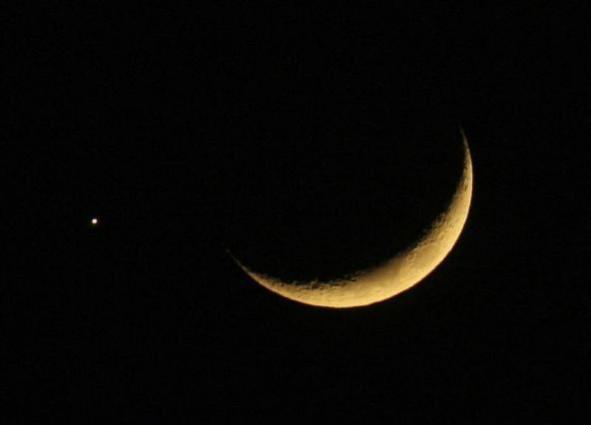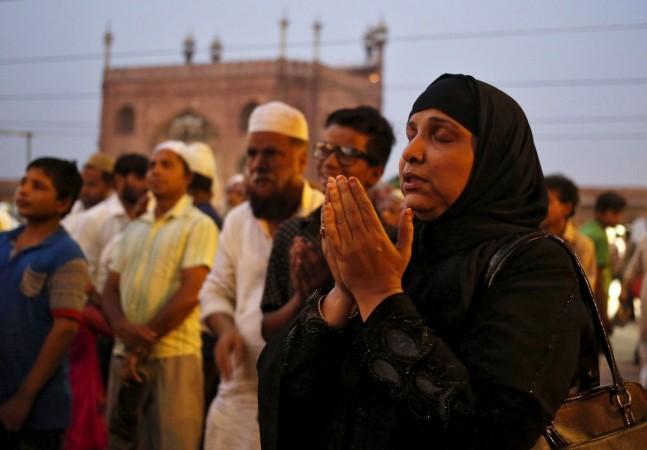
It's that time of the year again when all the Muslims will make every effort to please the lord by abstaining from food and water during the day and performing prayers in the night. Ramadan, also referred to as Ramzan in some parts of the world, is a month of great importance in Islam, and it has once again arrived to bring peace, harmony and piety along with exercising self-discipline and helping the poor.
Unlike other festivals that are based on Gregorian calendar, Ramadan, like all other Islamic months, follows lunar cycles, where a new moon sighting marks the beginning of a new month. Muslims around the world are already in the anticipation of crescent moon, which is expected to be sighted on May 27 and May 28 depending on the geographical location.
Astronomical predictions had marked Ramadan 2017 date on May 27 in most parts of the world. Some countries including Lebanon, Yemen and Iraq have already confirmed that first day of the holy month of fasting will be observed on Saturday, May 27.
While Saudi Arabia, Qatar, Bahrain, Kuwait and the UAE are yet to confirm the same, Muslim communities in Europe, Canada, Australia, and the U.S. along with Turkey, have declared that the first fast of the month of Ramadan will be observed on Saturday.
Crescent Visibility Combined Report for Ramadan 1438 & Shawwal 1438 https://t.co/0arhzPAXyJ pic.twitter.com/7BLOIbbKka
— Mundhir (@Mundhir) May 20, 2017
Since Ramadan 2016 is pretty much finalised to begin on May 27 in most European countries, it means some countries such as India, Bangladesh and Pakistan will observe the first day of Ramadan on Saturday, May 28. But the responsible Muslim authorities of different states will try looking for the new moon starting Friday. If the crescent moon is not sighted in India and other neighboring countries on May 26, it is clear that the first fast of Ramadan will be observed on Sunday, May 28.

Muslims around the world see the month of Ramadan as the holiest Islamic month of the year. During this month, healthy individuals observe mandatory fasting, which is one of the five pillars of Islamic faith, and also perform other religious activities such as praying, giving charity, reciting the holy book of Quran, helping the poor, and more.
At the end of the month, Muslims who dedicated themselves to the way of Islam are believed to be get rewarded handsomely by Allah. Muslims mark the end of Ramadan with grand celebrations of Eid ul-Fitr.

















